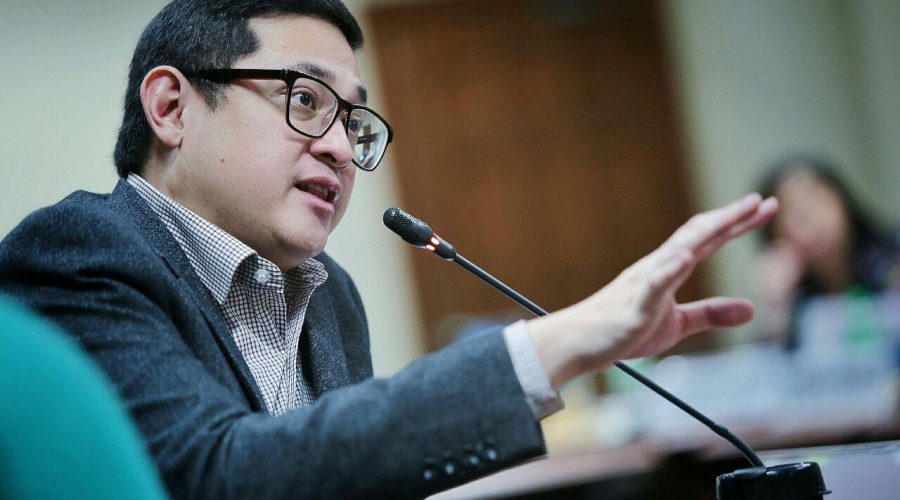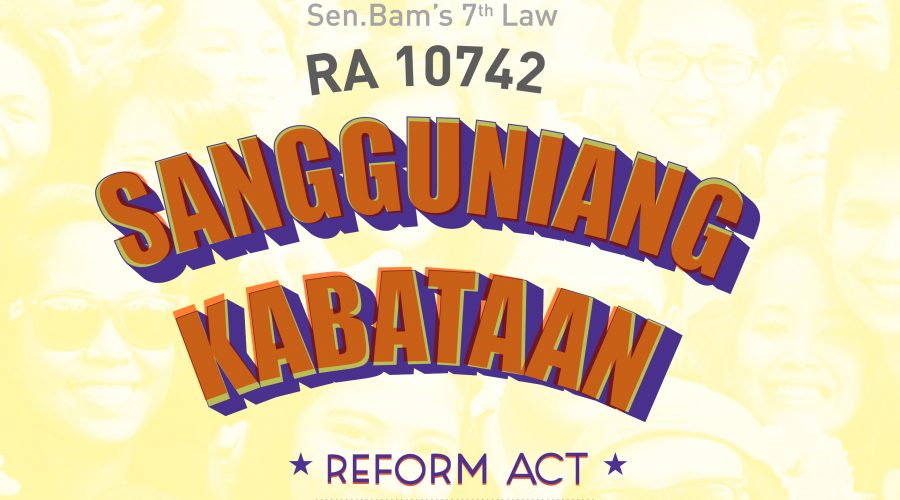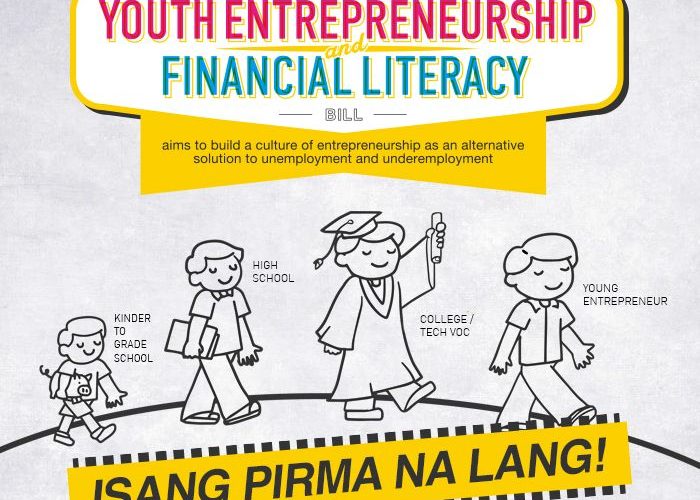Sen. Bam: Don’t forget public schools in free WIFI rollout
Don’t forget our public schools and state universities and colleges (SUCs).
Senator Bam Aquino issued this call as the government prepares the rollout of Republic Act 10929 or the Free Internet Access Program in Public Places, which he pushed in the Senate as principal sponsor and co-author, saying Filipino students will benefit from free internet as a vital tool to further enrich their knowledge.
“Internet is an important tool in learning. Students are empowered by the internet in learning lessons, completing assignments, and research,” said Sen. Bam, principal sponsor and co-author of the measure in the Senate in his capacity as chairman of the Committee on Science and Technology.
“Magagamit din ito ng ating mga guro para mapabuti ang kanilang mga sistema ng pagtuturo,” added Sen. Bam.
Republic Act 10929 provides free internet access in all national and local government offices, public schools, public transport terminals, public hospitals and public libraries.
“This will expand internet access across public spaces in the Philippines, including public schools to aid in teaching methods and enhance learning,” the senator said.
In addition, the law contains provisions for the faster processing of permits for internet infrastructure, which is designed to fast-track the improvement in the country’s internet backbone.
As part of its mandate under the law, the Department of Information and Communications Technology (DICT) is tasked to craft a plan and a timeline for the rollout of the program.
In its latest report, the DICT said it’s planning to establish 250,000 Wi-Fi access points in public places throughout the country until 2022.
During this stint as chairman of the Committee on Trade, Commerce and Entrepreneurship in the 16th Congress, Sen. Bam spearheaded an investigation into the slow and expensive internet in the country.
The probe helped determine needed legislations to address the internet problem in the country and led to the release of a Department of Justice opinion on telco advertising.
The hearing also compelled the National Telecommunications Commission (NTC) to come out with guidelines on minimum internet speeds and conducted speed testing in various areas of the Philippines to check compliance of telcos.
As the current chairman of the Committee on Science and Technology, Sen. Bam is principal sponsor of the free internet reform. He also filed Senate Bill No. 171 or the Open Access in Data Transmission Act of 2016, which has yet to be passed into law to enable more players into and promote competition in the internet industry.
Principal sponsors have the responsibility of prioritizing bills in their respective committees, conducting hearings on bills assigned to their committee, defending the measures during the period of interpellation, consolidating proposals and amendments to their reforms, and leading the bicameral conference before a bill is passed into law.
—



Recent Comments